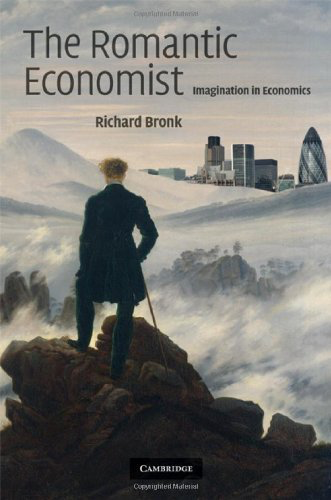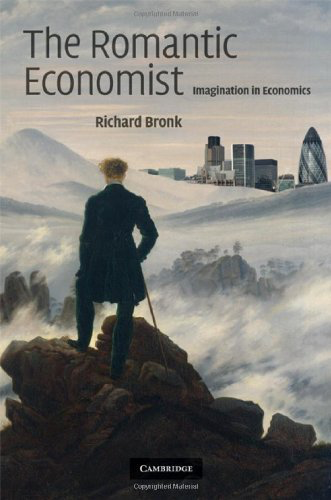The Romantic Economist: Imagination in Economics was published by Cambridge University Press in 2009 and is a ground-breaking study of how Romantic thought can transform economic theory and practice. It demonstrates how economists and other social scientists can broaden their analytical repertoire to encompass the vital role played by sentiments, language, and imagination in the economy. The argument is embedded in a history of ideas framework focusing on the nineteenth-century Romantic critique of rationalism and utilitarianism.
The book opens with a central paradox: modern capitalist economies are dynamic processes driven by creativity, social norms, and emotions as much as rational calculation; and yet economists largely study them using static equilibrium models and narrow rationalistic assumptions.
The Romantic Economist demonstrates that economic activity is as much a function of imagination and social sentiments as of the rational optimisation of given preferences and goods. It argues that economists can best model and explain these creative and social aspects of markets by using new structuring assumptions and metaphors derived from the poetry and philosophy of the Romantics. By bridging the divide between literature and science, and between Romanticism and narrow forms of Rationalism, economists can access grounding assumptions, models, and research methods suitable for comprehending the creativity and social dimensions of economic activity.
Particularly topical is the book’s emphasis on the fact that innovation and creativity cause a radical uncertainty in markets that cannot be reduced to measurable risk, and that language and theoretical models frame how we interpret evidence. The book also demonstrates how imagination and social conditioning are central to the formation of expectations and preferences.
Finally, The Romantic Economist presents a set of new techniques for interdisciplinary research and 'disciplined eclecticism'; and it champions the use of metaphorical reasoning and analytical imagination.
For reviews and advance praise of The Romantic Economist, click here

